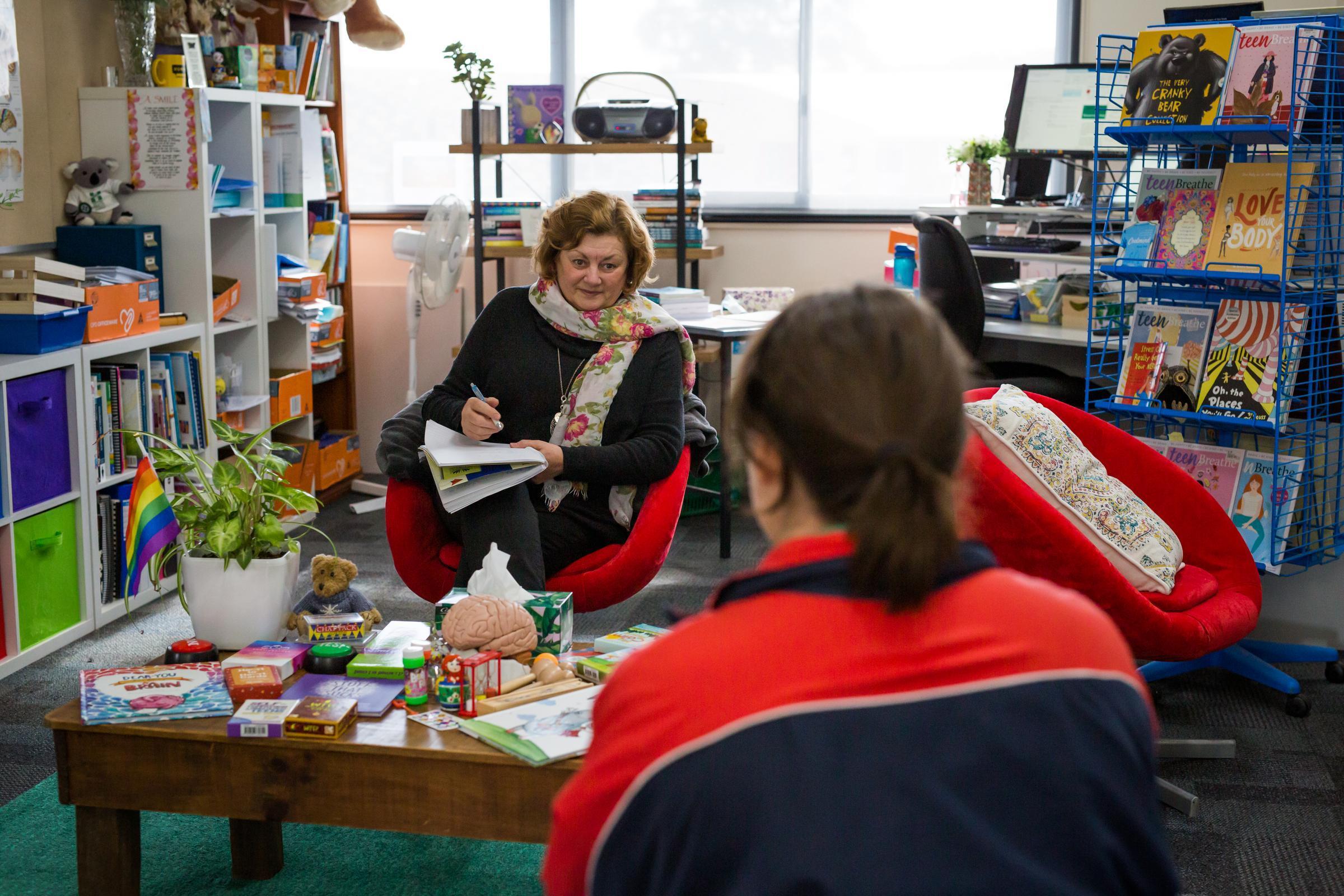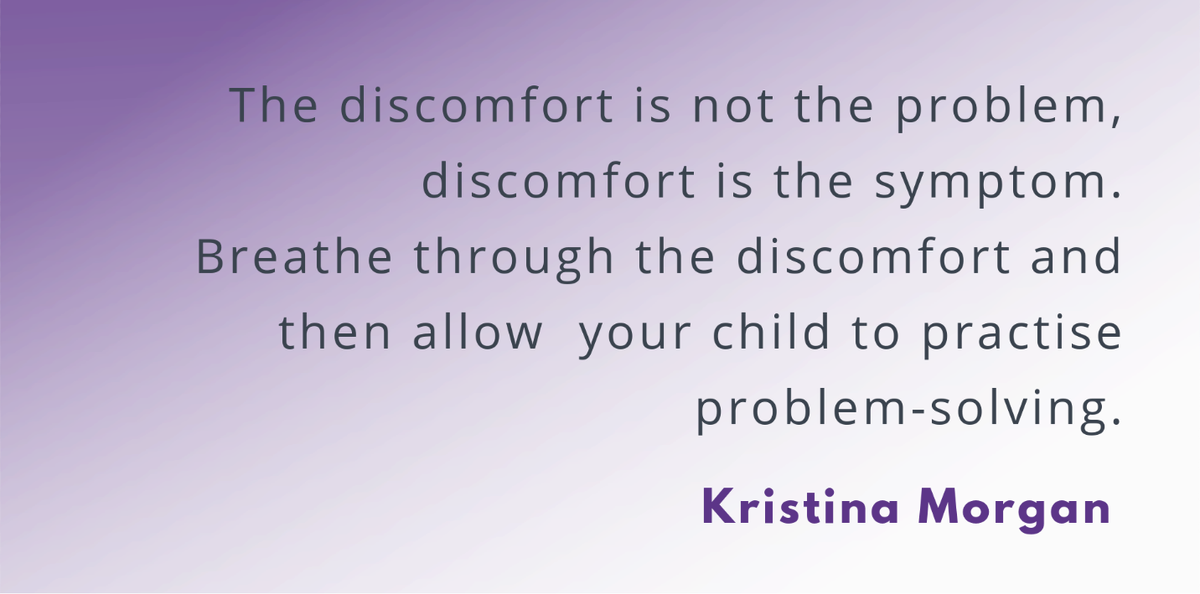From the Wellness Centre

From the Wellness Centre
A genuine and heartfelt welcome to 2025. We have been encouraged to embrace key concepts of Purpose, Passion and Joy, as we consider how we might create our individual and shared impact. In order to fulfil this invitation, we must prioritise our physical and mental health. This term I will include some vital practices and continued research into how we can take the best care of ourselves.
This week I have included necessary detail about how to access counselling, as well as some information regarding Mental Health First Aid for Year Tens. Also, one of my favourite go-to SEL lighthouses Linda Stade offers some valuable and sensible advice in assisting our young people to manage motions; and lastly, I wish to foreground the work of Lionheart Raw to Roar Grief Pathway.
Accessing Counselling at GSG
For those families whose young people participated in counselling during Semester Two 2024 and would like to continue, please email me within the fortnight so that we can recommence our work. (I require email permissions from both parents as appropriate.)
For other families including our new arrivals, in order to activate counselling services at GSG, you are encouraged to follow the relevant pastoral pathway (eg via Head of House) or make direct contact with me (sheryl.moncur@gsg.wa.edu.au).
In brief, counselling at GSG is informed by key modalities including human centred, strengths and values based, ACT and narrative therapy. I do not write reports or do any psychometric testing. The duration of counselling is usually across a number of weeks (sometimes months) of either weekly or fortnightly 40-minute sessions.
Students over 16 years of age can self-refer.
Linda Stade
In this fabulous article from Inspiring Girls, Linda Stade references Kristina Morgan, a psychologist at Lourdes College in Brisbane, who offers very sensible and caring cues for parents and carers of teens experiencing big emotions. Here’s an excerpt from the article here:
How to find the calm when your teen is drowning in emotion
Is it really a crisis?
Kristina Morgan says, “We all have a line of coping and sometimes we fall over that line. It’s very human. Unfortunately, often parents see this as a crisis and respond with panic. As we all know, panic never has, and never will, help with any situation.
When you panic and rescue in response to a child’s big emotions you teach them the following:
- Emotions are dangerous and need to be squished
- The world is not safe
- They are not capable of coping
- Nobody but you can help them
When we pause, gain clarity around the situation, and respond in proportion to the problem, we give kids the accurate feedback they require. They learn to reality test, and they become more resilient. Our goal is to have children who can discern the gradients between a problem and an emergency and respond appropriately.
Kristina Morgan says, “Ninety-nine percent of the time when a child is experiencing big emotions, it is because they are running on empty. They are depleted and need connection and affection to replenish them. We need to teach kids that you don’t need a crisis to ask for connection and comfort.”
Wise words indeed.
Teen Mental Health First Aid for Year Ten students, Semester One
I’m so keen to get started on the Mental Health First Aid Training. As you would most likely be aware, teenMHFA training comprises several sessions which are embedded in the Health Education Curriculum. Students will learn how to notice and support their peers who might be struggling. This training offers an approach which helps students to have a discussion with a friend/peer they are concerned about, and to link them with an adult, as well as provide them with local and online support agencies and networks. Led by Mr Paul Donaldson, the Health Ed teachers, Mr Bryce McLean and Mr Brodie Sarre are well skilled in this area.
MHFA is an international organisation, driven by current research, which offers numerous courses for adults and adolescents with an aim to reduce stigma associated with beliefs about and language around mental health problems, and to increase and normalise help seeking. Indeed, in the ten years that GSG has been conducting teenMHFA training, the effectiveness of the course has been proven within our education space, as many more young people are seeking help, clarification and support, for others and themselves. Also, schools which deliver this training to their students, need to have a large percentage of their staff trained in Youth MHFA which is a 14-hour course; most GSG staff have completed this work.
There are a few protocols which MHFA insist upon, which include this communication of information to homes and boarding, and also our school invites you to make contact with me directly if you consider your child too vulnerable to participate in the training. One of the ground rules which we as a class establish is personal safety and the choice a student can take to leave the class for reasons of welfare (they would go to Secondary Administration, and I would follow up).
The Year Ten Health Education Classes will be trained during Semester One (Term One BM Weeks Three, Four and Five; BS Weeks Seven, Eight and Nine and PD Weeks One to Four Term Two) and students will receive a Certificate of Completion, contingent upon their attendance at most sessions.
Information on “What Parents Need to Know” can be found here.
More information on Teen Mental Health First Aid can be found here.
Lastly, to augment the information regarding Amity Health and the Grief Work Programme highlighted in this column last year, I wish to offer the following:
Raw to Roar: Lionheart’s Grief Pathway can help families in your school.
Raw to Roar: Lionheart’s Grief Pathway provides tailored 1:1 support for families after the death of a loved one, with support available also for families impacted by a terminal illness. Thanks to generous funding, this program is free for families.
We all know that grief is a normal and healthy response to the loss of someone, something or someplace but what we don’t all know are ways we can understand, manage and grow through grief. Many of us have a bucket load of less-than-ideal coping strategies and not as many healthy, resilient coping strategies in our toolbox.
At Lionheart:
- Children develop a strong and full toolkit of healthy skills and strategies to manage grief and other life challenges.
- Teens learn how to manage the push and pull of becoming your own person while dealing with intense grief and needing the support of your loved ones – even when you don’t really want it.
- Adults are assisted to support their children’s grief while trying to manage their own, navigate the practicalities of death and bereavement and connect with others who have experienced the death of a family member - and so much more.
With approximately 1 in 20 Australian children experiencing the death of a parent or sibling during childhood, and youth mental illness at an all-time high, we need to get this support right. With somewhere between 30,000-50,000 WA children trying to manage acute grief at any one time it is essential we minimise the immediate and long-term adverse outcomes for bereaved children and families. By addressing grief early and effectively, through education, peer support, and resilience-building, Lionheart can assist children, teens and families to navigate the tricky waters of grief.
Please see the flyer here Raw to Roar Flyer with QR Code - Regional for more information, and for details on programs and how to refer a child or family, please visit our website, contact us via email or call 0434 436 876.
Final Words …
Don’t forget – we’ve all got our trainer wheels on. Yes – all of us, even the old folk who seem as if they’ve nailed this school thing, as well as the new folk, as well as those who mask their vulnerabilities with bravado, especially those … each and every one of us has never experienced today, this day, or tomorrow and what that might bring. When our trainer wheels get wobbly – take a moment – take a breath or several – smile – look at the horizon – take another breath and push your feet into the floor, or grass, lift your shoulders to nudge your ears and lower. And only then proceed … walk slowly for a few steps … make eye contact with someone and before you know it your nervous system will be syncing with someone else’s. Who knows – you might make their day. 😊
My email address is sheryl.moncur@gsg.wa.edu.au
Ms Sheryl Moncur | School Counsellor/Teacher


